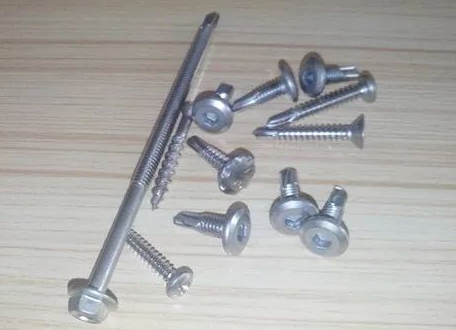Stainless steel vacuum heat treatment production operation process
Jun. 14, 2024
Stainless steel vacuum heat treatment can be used for annealing, solution treatment, quenching, tempering, stress relief and other treatments depending on the type of steel.
(1)Equipment selection
Vacuum heat treatment furnaces have different types (vertical, horizontal, combined, etc.), different heating sources (resistance heating, induction heating, electron beam heating, plasma heating, etc.), and different heating methods (external heating, internal heating, etc.). According to the use temperature, they can be divided into low temperature furnaces (≤700℃), medium temperature furnaces (>700~1000℃), and high temperature furnaces (>1000℃). According to the ultimate vacuum degree, they can be divided into low vacuum (1.33×103~13.3Pa), medium vacuum (13.3~1.33×10-2Pa), high vacuum (1.33×10-2~1.33×10-4Pa), and ultra-high vacuum (above 1.33×10-4Pa).
For vacuum heat treatment of stainless steel, the main considerations are the convenience of equipment operation, safety and reliability of the system, and the ultimate vacuum degree of 13.3 ~ 1.33 × 10-2Pa to meet the use requirements. Higher ultimate vacuum degree requirements will increase equipment costs. The pressure rise rate is not greater than 0.6Pa/h, the temperature uniformity is high, the temperature difference is generally not greater than ±5℃, and there is an air cooling or oil cooling device that can meet the cooling needs.
(2)Key points of vacuum heat treatment of stainless steel
① Considering the characteristics of vacuum heat treatment heating, some gaps need to be left when placing stainless steel workpieces in the vacuum furnace to ensure that all surfaces of the workpieces can be heat treated in place.
② Since the heating process temperature of stainless steel workpieces is relatively high, usually above 1000 degrees, it is necessary to preheat the workpieces at about 800 degrees in the vacuum heat treatment furnace for a period of time. After the stainless steel body is buffered and adapted to the high temperature, it is slowly raised to the process required temperature.
③ Heat the stainless steel workpiece in the vacuum heat treatment furnace for a certain period of time according to the process requirements.
④ The adjustment of the vacuum degree is also crucial to the quality of the workpiece heat treatment, and the vacuum degree needs to be reasonably selected based on operating experience.
⑤ In order to improve the toughness of the workpiece, it is necessary to temper it in the low temperature zone for a period of time after high temperature heat treatment.
⑥ After the vacuum heat treatment of the stainless steel workpiece is completed and taken out of the furnace, it is cooled by appropriate methods such as air cooling, oil cooling, and furnace cooling.










